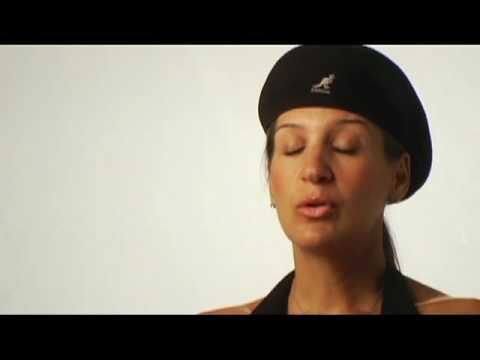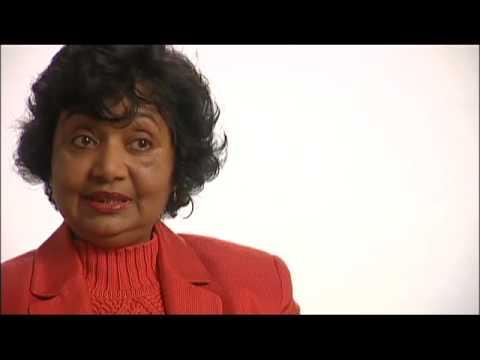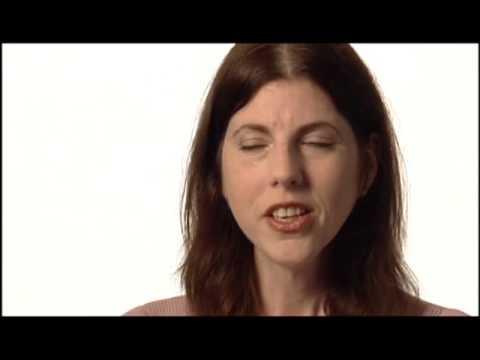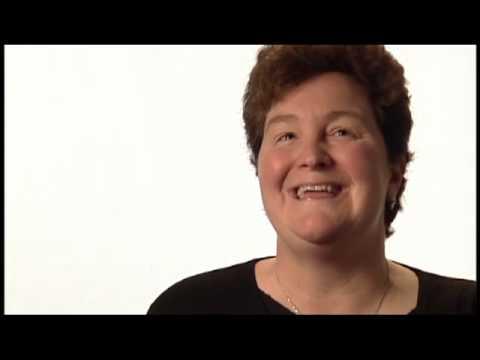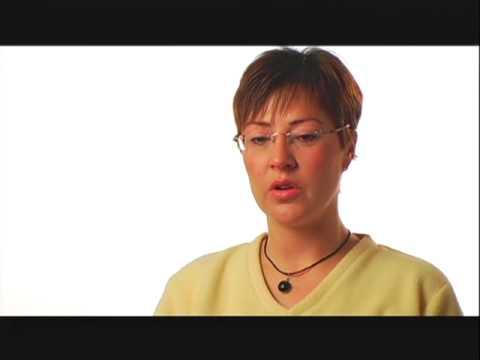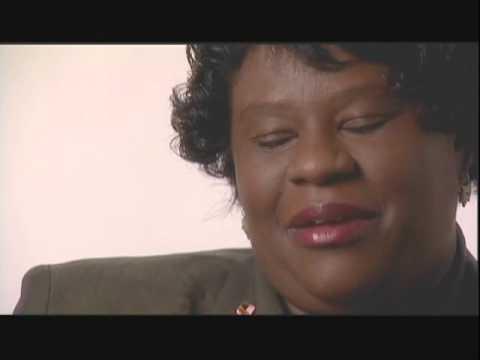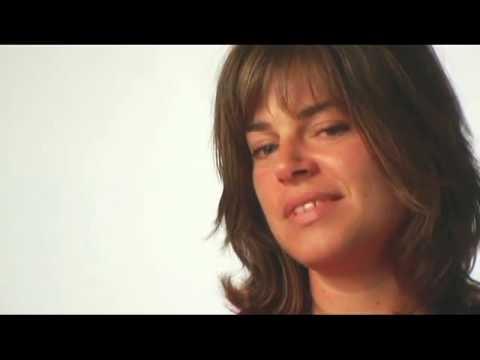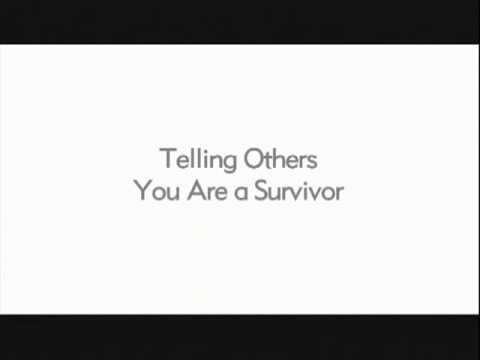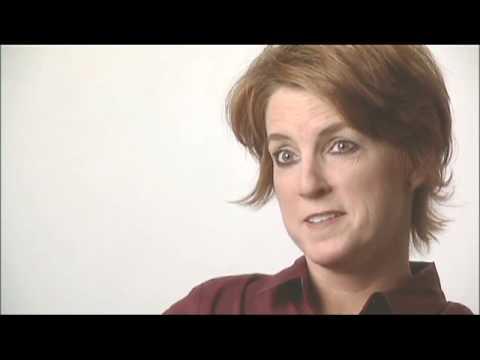Sharon C.
The primary physical issues I had to deal with were the mastectomy, the reconstruction, and lymphedema. I haven't had it bad, but there's a big difference on the left side of my body compared to the right side of my body. So I had to deal with that. With brain cancer, I had whole brain radiation and dealt with the loss of balance. I go to physical therapy to get that back. I'm doing real well, but it's little things that you have to deal with all the time.
When you're faced with cancer, there are so many things to think about, and you're hit with them all at once. You make your choices. I decided to have reconstruction. It sounded like the thing to do, So I did it. I really didn't think that much about it. I thought I would want to have that. For one thing, it just looked better. With breast cancer and taking the lymph nodes under your arm, you can have lymphedema, where your arm swells. You have to be real careful of that. If something bites you on that arm or you scratch that arm, the lymph system goes to heal it, and when your lymph system can't travel, it swells up. Be aware of how you feel, and listen to your body. You know your body better than anyone else. Your doctor may say, "No, that's not causing it," but be sure and say, "No, it is. I know it is." Be firm about that, and make sure that your doctors listen to you. I've been very fortunate having doctors that do listen to me. With whole brain radiation, I would feel dizzy a lot, and I still have balance problems, but with exercises, I'm doing much better with it.
I'm having some trouble with my balance from the radiation to the brain, and I work on exercises. The cancer was in my cerebellum, where you have your balance control. I work on things like walking with one foot in front of the other in a line, and then walking backwards that way. It's just different things to teach my cerebellum. I have to relearn how to balance myself.
I try to gather information. I read books, look it up on the web, and talk to my doctors. Then when the doctors give me the treatment plan, I think about that, and I say, "Okay, let's do this." It gives me something to do. I know that I'm trying to get over this and that I'm working on it. I'm cautious like anyone would be with an injury, but I definitely live life. It's a wonderful life, and it's a good thing to keep living it. You just go on. You're aware of your limitations or where you need to be careful, but it doesn't stop me from doing anything.
Exercise has really helped me get through this. My doctor started talking to me at the very beginning about the Danskin Triathlon. I was never an athlete and never did anything like that. And she said, "No, you can do it. Really, you can do it." And I think that gave me a big goal to work towards. The first year I walked it, and the next year, I had teams, and for several years, I had teams. And then not this last year, but the year before, I did the whole thing. So it was really a big goal. I want to get back to doing that again this year. Physically, it helped me. The swimming helps with lymphedema. It helps your whole body feel better. I think exercise really makes you feel better. I try to walk as much as I can even during treatments, because you need to move. You have to move.
When I was in chemo the second time, I wanted to talk to someone that was getting the same drugs I was, because that was real important to me. Your doctors tell you about the side effects, but you need to talk to someone that's been there. I met this wonderful person, and we really hit it off. We would meet at their treatment all the time and that helped. I also joined Team Survivors, and we worked on exercise together. We always talked about our cancer experiences and support groups. I've always tried to join a support group to talk to other people that have been through the same thing. I think it gives you an insight that you don't have otherwise, so it's very informative. You can ask them anything, and they'll be honest.
There are so many emotional issues. At first, being scared, then being angry. The first time, I was really angry. Everybody says, "Why me?" It's like, "Well, why not?" You know, cancer doesn't have any rules to go by. It just picks people. My family's wonderful. I have wonderful friends, so that has helped a whole lot. You go through all these feelings, but they're passing feelings. And then, maybe tomorrow I'll feel bummed out, but I'll get over it and do something worthwhile that I enjoy. And you really realize that every day does count. You have to look at every day. And you have good things in your life. Cancer isn't a good thing, but you have a lot of wonderful things, and you have to concentrate on those.
A lot of people want to help you so much that they do too much for you. You don't want to feel like an invalid. You want to do everything that you're capable of doing. Some people just want to do it all, and you have to tell them, "Wait. Let me do that." Sometimes, you're feeling down and upset. One time I was crying, and my sister said, "Oh, don't cry. Don't cry. It's okay." And I said, "No, I get to cry. It's okay to cry. It helps." My friends would ask, "What do you need me to do?" That's hard for someone to answer. I have a friend that would just call up and say, "I'm bringing over dinner tonight." That was a big help, because she didn't ask me what I wanted. She just said, "This is what I'm bringing." And I said, "Okay. That's great." And that's a big help. Just people saying, "I'm here for you if you need to talk. I'm here for you whatever you need. Just call me." Or they'd call and just check to see how I was and that makes you feel better. They are there for you if you need to talk at that time.
People didn't treat me differently as a cancer survivor the first time. But with the recurrence, it's like you have crossed the line, even with other cancer survivors. I think it's because they realize it could happen to them. So, that's a reality. A lot of them are very good about it, even though it's a scary thing to know. They handle it, but there's a feeling there. There's a difference. My advice to someone who is through treatment and afraid of a recurrence, is take care of yourself and listen to your body. I noticed that when I had a recurrence, I had been feeling really tired before that. Now, you feel tired a lot of times, so that covers a lot of territory, but just listen to your body. If you have a question, if there's something in the back of your head and you're thinking, "something's not right, something's not right," listen to that and go to your doctor. See what's going on.
I was able to keep working the first time. When it came back again, I had to take off more. I decided to go ahead and quit, because I was a Special Ed teacher, and, there are so many things to consider. When you're taking care of children, you want to make sure that you're at your very best. I was able to quit, so I did. When I was working, I had insurance, so financially I was fine. Now, I'm on my husband's insurance. But still, cancer is an expensive disease. My physical therapy is with a private person, so my insurance doesn't totally cover it, and you constantly get bills in the mail and you're about to tear your hair out -- if you have any. You just don't know what people do that don't have insurance. I have really good insurance, and I'm so happy for that. We already had wills, trusts, and directives in place, so I didn't have to do anything. I guess we started working on that right at the beginning of my cancer, so we haven't changed anything.
The best advice I received happened just today. Take each day as it comes. Put one foot in front of the other and keep going forward. It's a gradual thing, but always go forward. Survivorship means that I am living even though I still have cancer.
My name is Sharon Cain, and I'm a seven-year breast cancer survivor.
Sharon Cain passed away on March 19, 2005. The Lance Armstrong Foundation thanks Sharon and her family and friends for sharing her story and providing inspiration for other cancer survivors.
